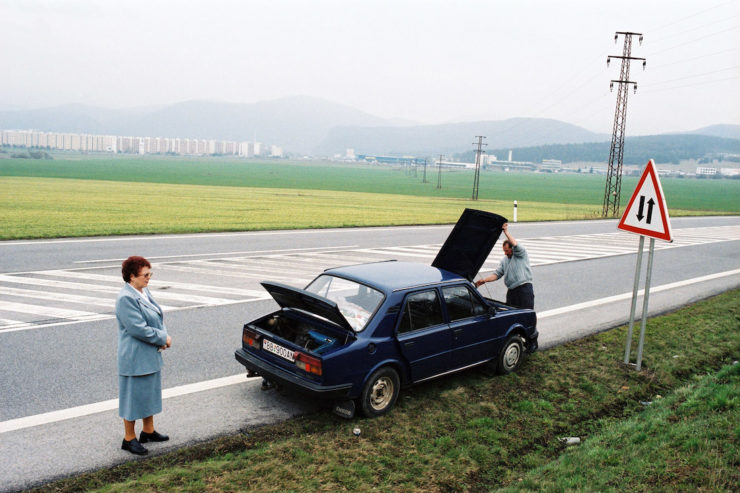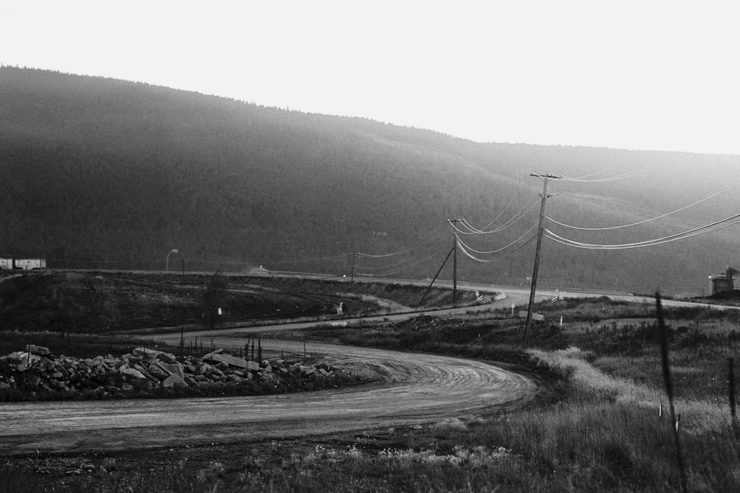Klaus Pichler's statement
When plant scientist Teemu Teeri went out of Helsinki Railway Station in May 2015, he noticed some vivid orange petunias in a planter. He was surprised since petunias don‘t come in orange colors naturally, and he took a few stems for testing in his lab. This chance encounter was the starting point of a case which was later called the ‘petunia crisis‘ and ultimately led to the destruction of all orange petunia variants worldwide.
The book‚ “The Petunia Carnage” is based on the true story of the orange petunias, following the consequences of Teemu Teeri‘s discovery, when DNA tests revealed that the orange petunias were transgenic. The book goes back to the origins of the orange petunias at a controversial 1990’s landmark experiment at Max Planck Institute in Cologne, followed by their mysterious “escape from the lab”. Finally, it explains why the orange petunias were regarded as “illegal” after they had been bred and sold without permit for more than 25 years, leading to their worldwide mass destruction in 2017.
The story of the orange petunias is more than a scientific anecdote – it is rather a parable of what can happen when scientific interest, commercial marketing logic, socio-political values, public discourse and unexpected coincidences collide.
“The Petunia Carnage” narrates the chronology of the case in a tongue-in-cheek way, consisting of photos, facsimiles and artifacts, adding fictional elements to scientific facts and archive material. The photographic narrative of the book is based on the cooperation with all relevant actors of the orange petunia case. They have shared their experiences, provided image material and also granted access to their labs, where they are still permitted to breed transgenic orange petunias for scientific research.
The Petunia Carnage, Jan. 2022, self-published 108 pages, 90 images, 22x28cm, hardbound, first edition of 350 copies.
-
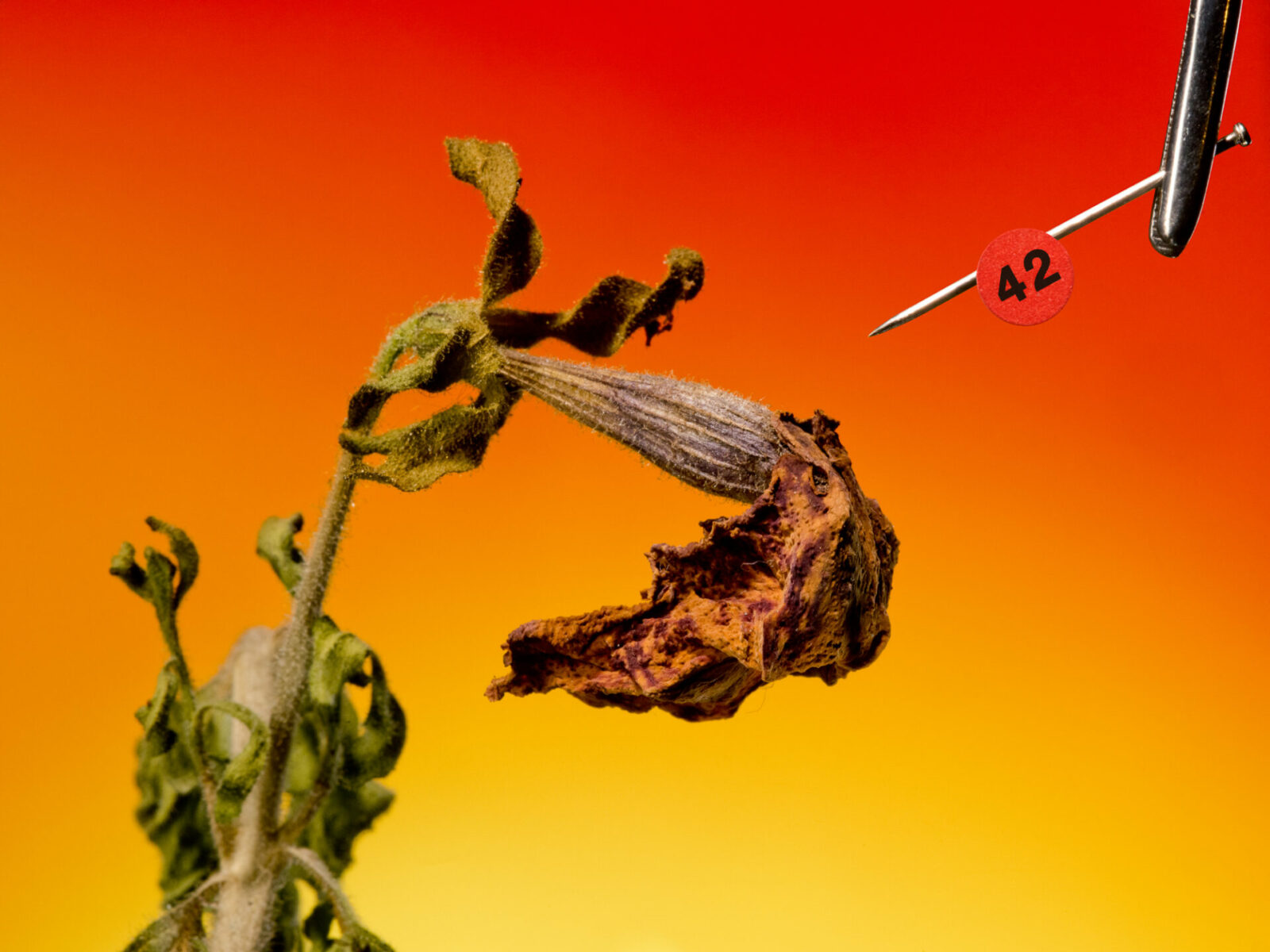 © Klaus Pichler
© Klaus Pichler -
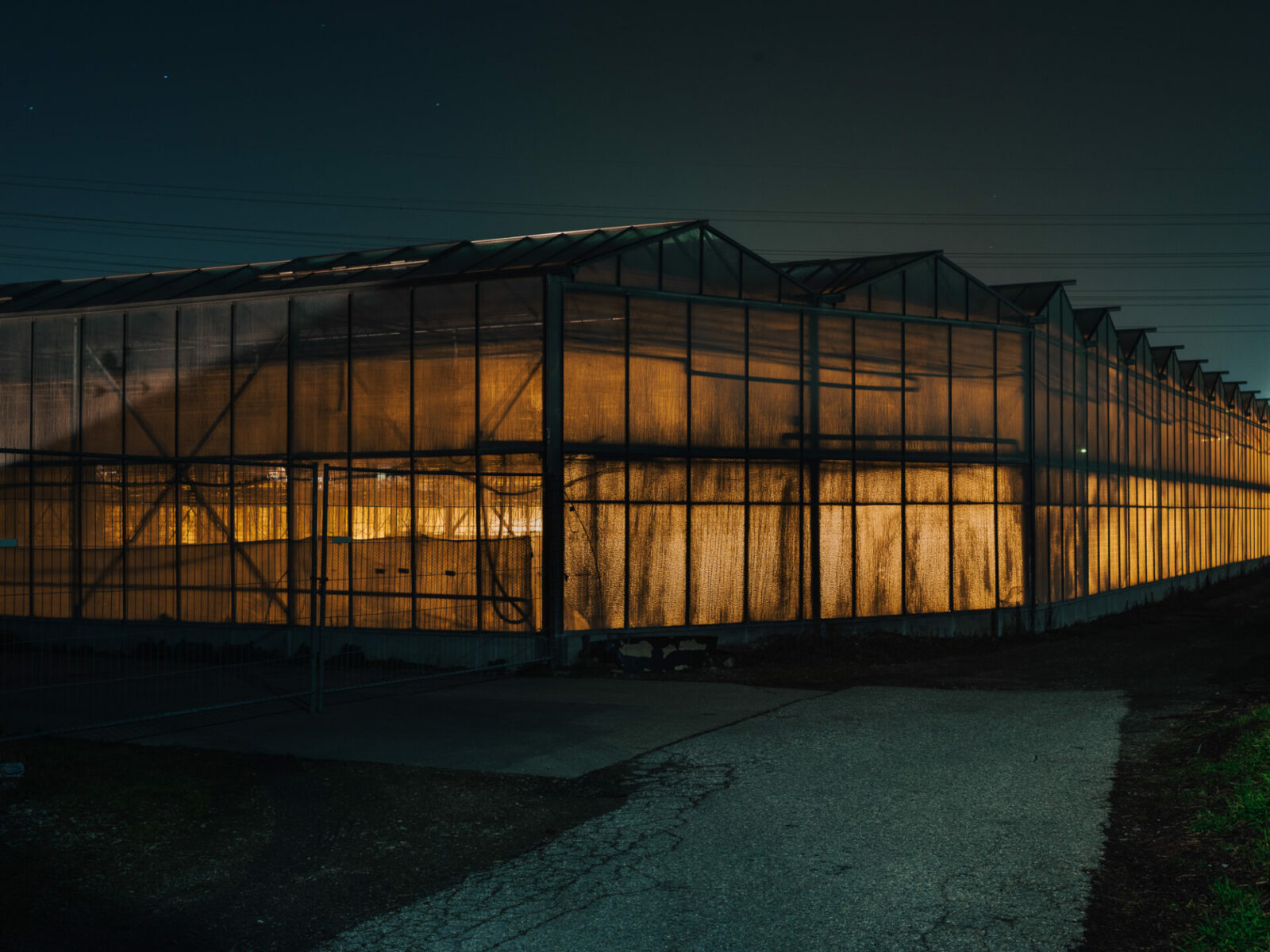 © Klaus Pichler
© Klaus Pichler -
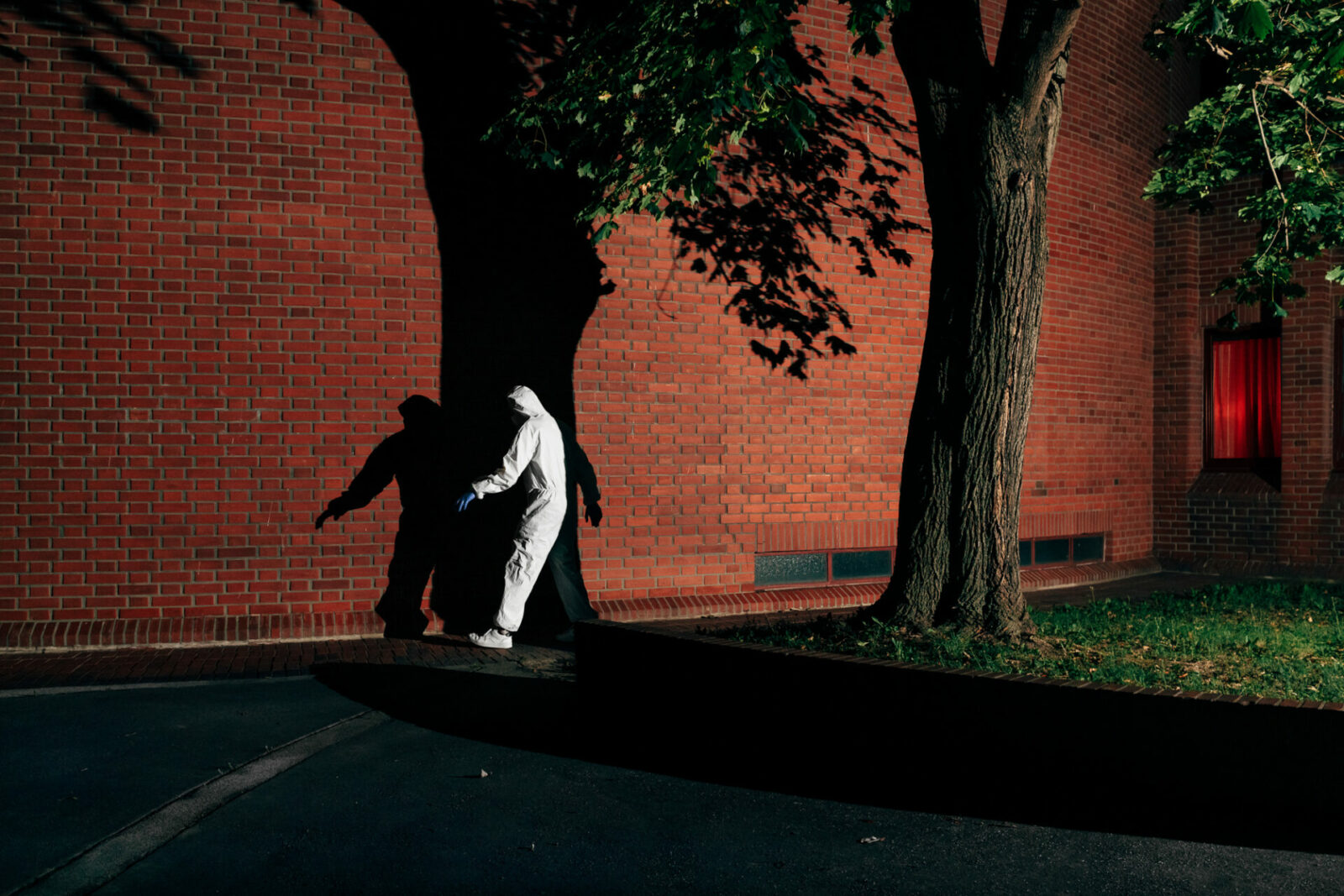 © Klaus Pichler
© Klaus Pichler -
 © Klaus Pichler
© Klaus Pichler -
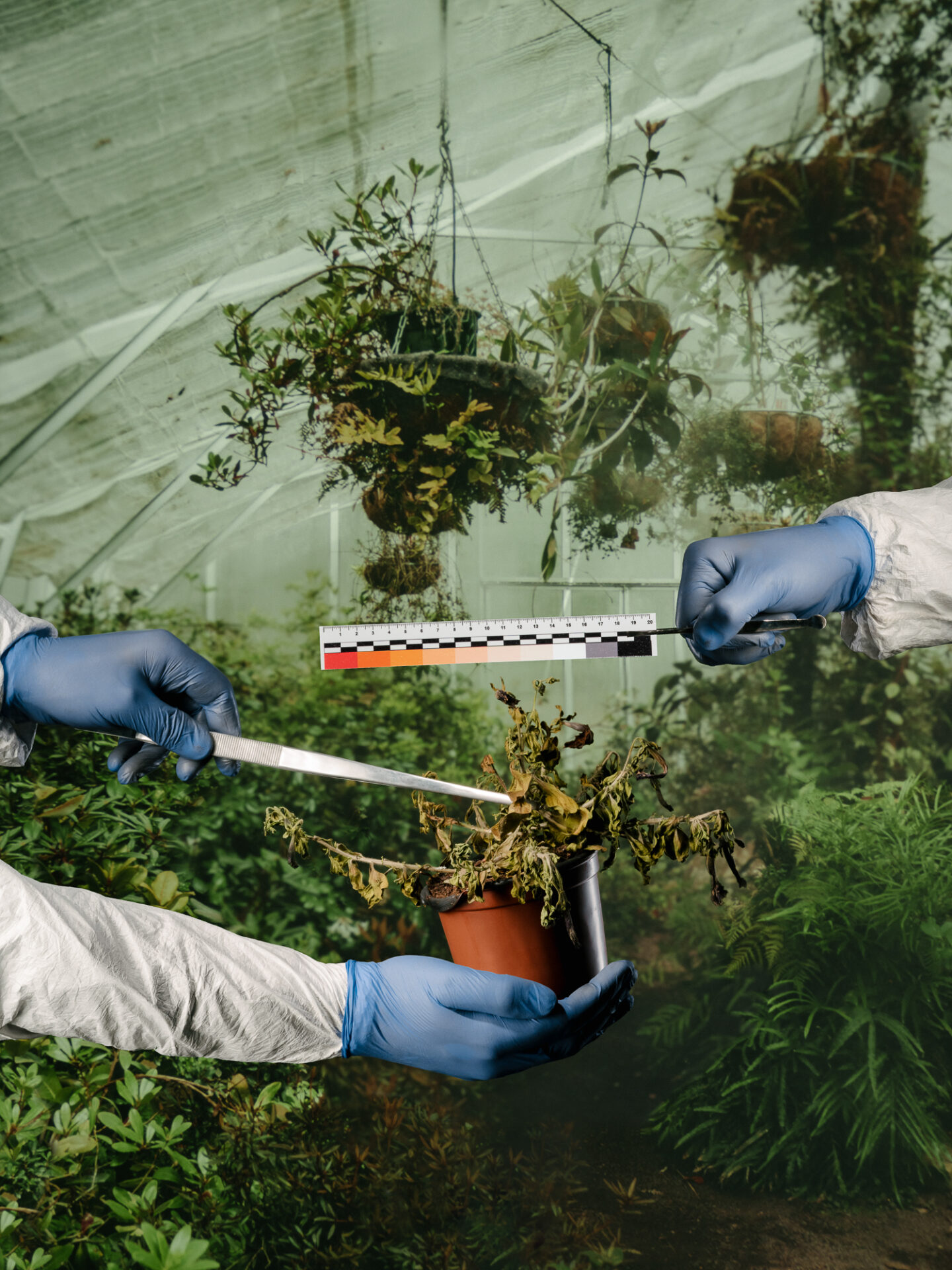 © Klaus Pichler
© Klaus Pichler -
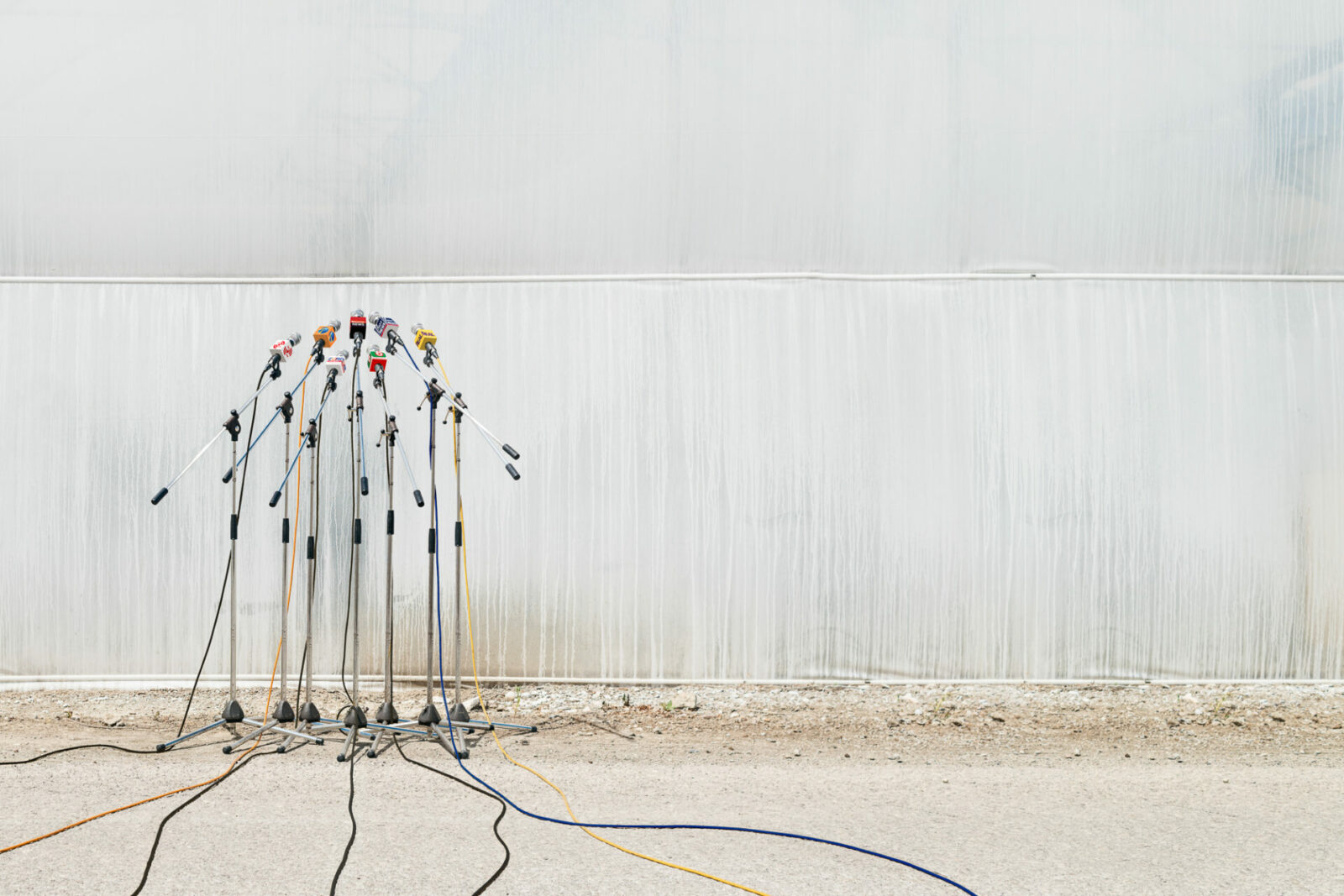 © Klaus Pichler
© Klaus Pichler -
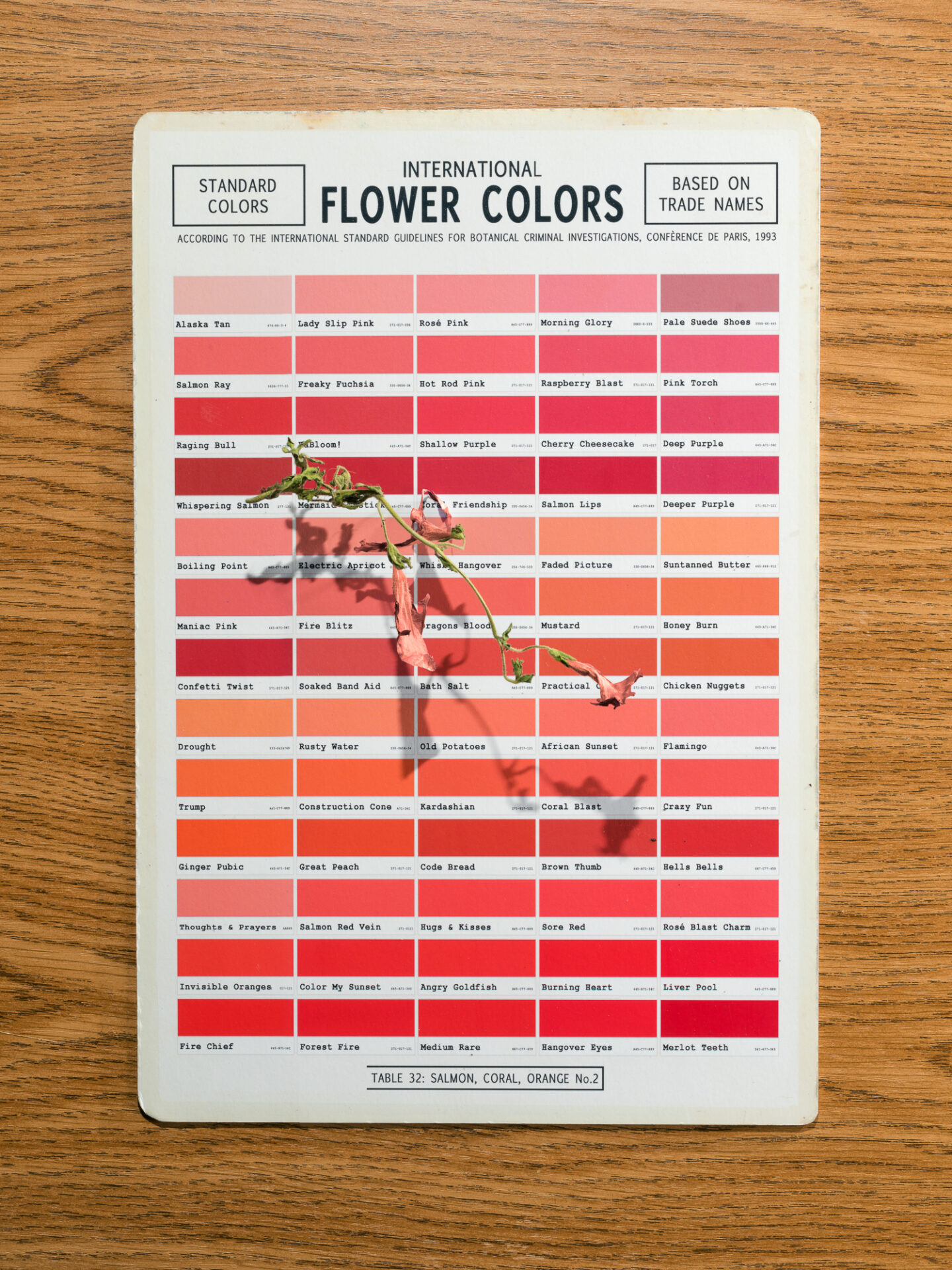 © Klaus Pichler
© Klaus Pichler -
 © Klaus Pichler
© Klaus Pichler -
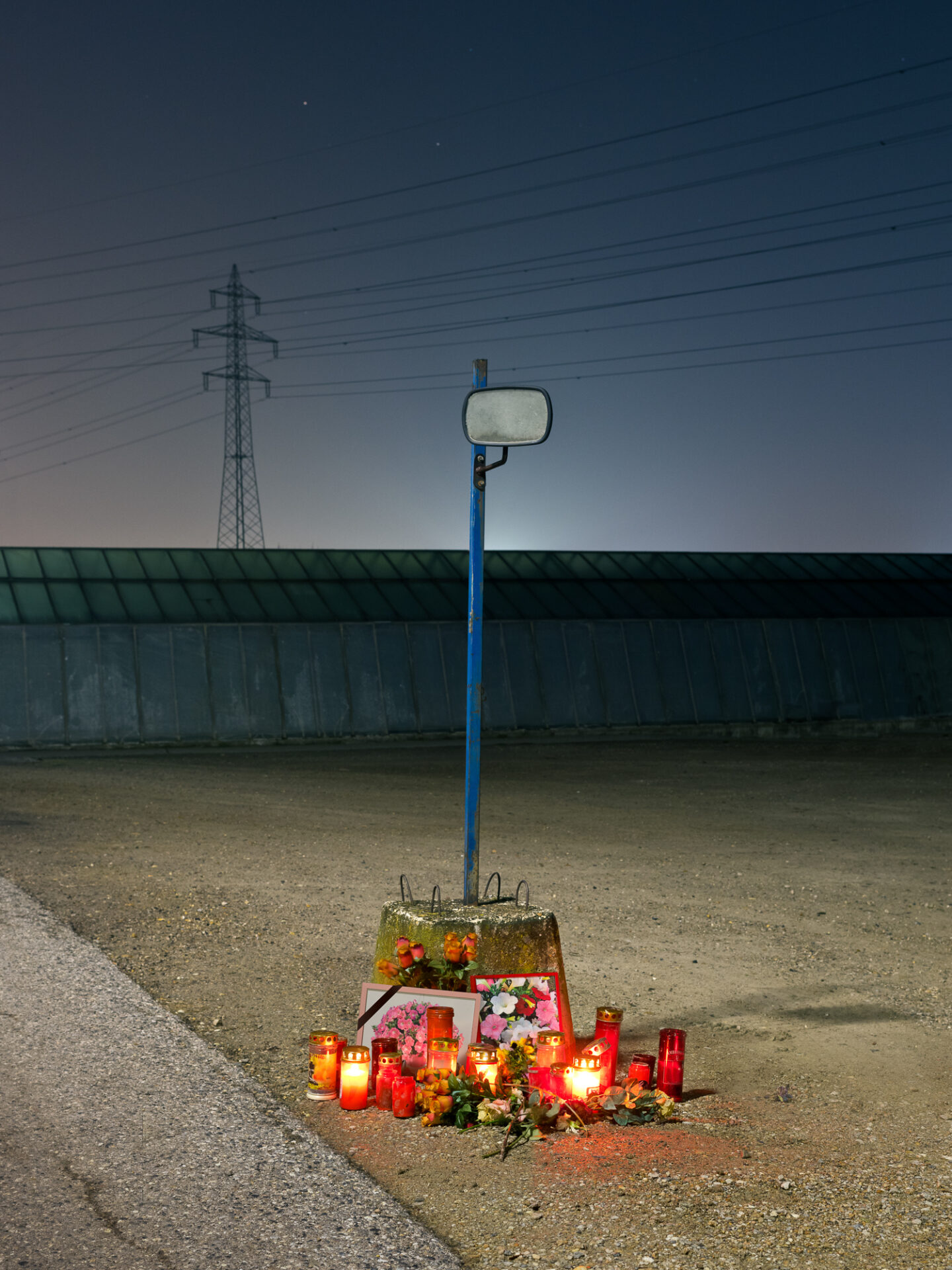 © Klaus Pichler
© Klaus Pichler -
 © Klaus Pichler
© Klaus Pichler -
 © Klaus Pichler
© Klaus Pichler -
 © Klaus Pichler
© Klaus Pichler -
 © Klaus Pichler
© Klaus Pichler -
 © Klaus Pichler
© Klaus Pichler -
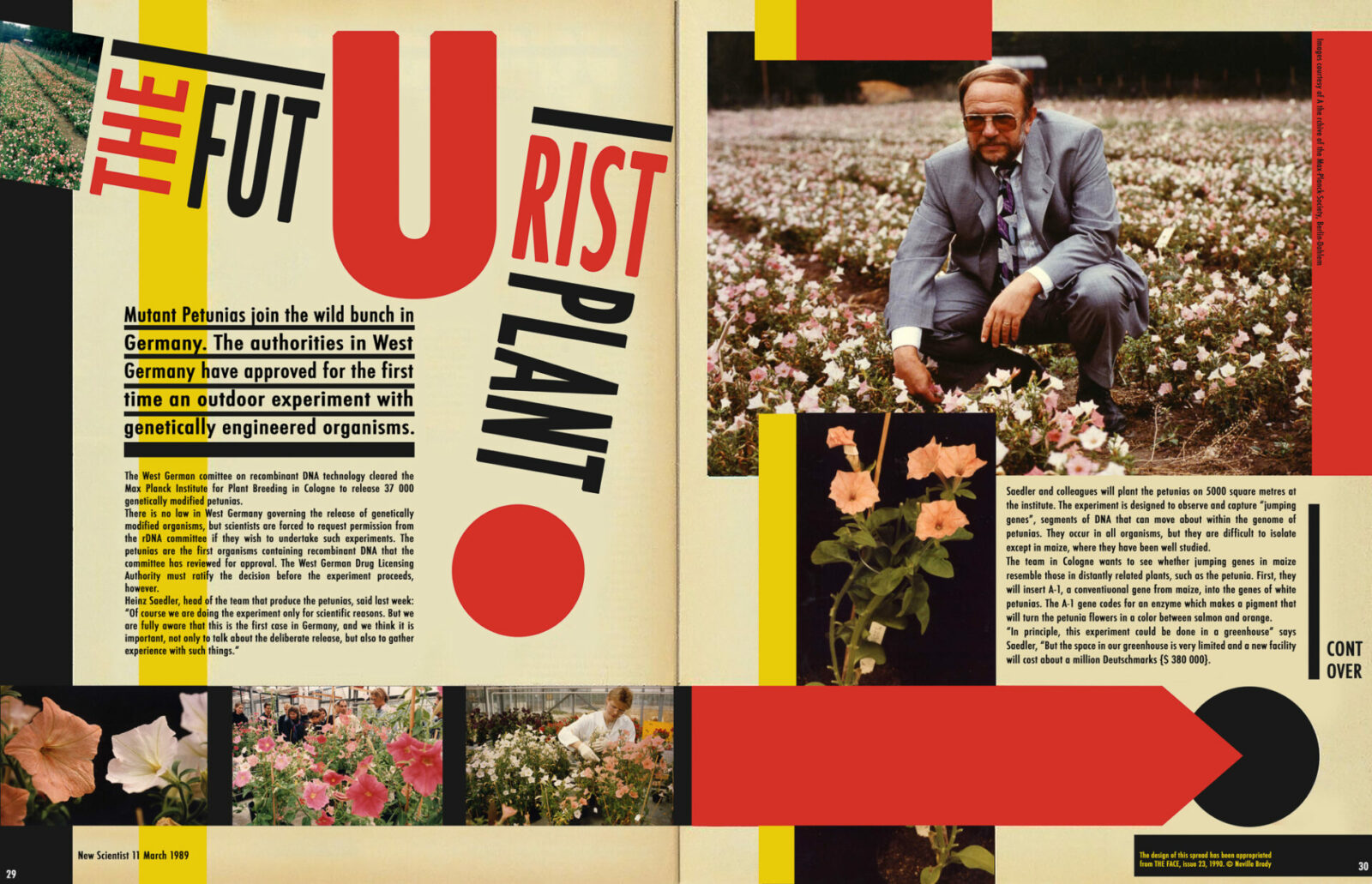 © Klaus Pichler
© Klaus Pichler -
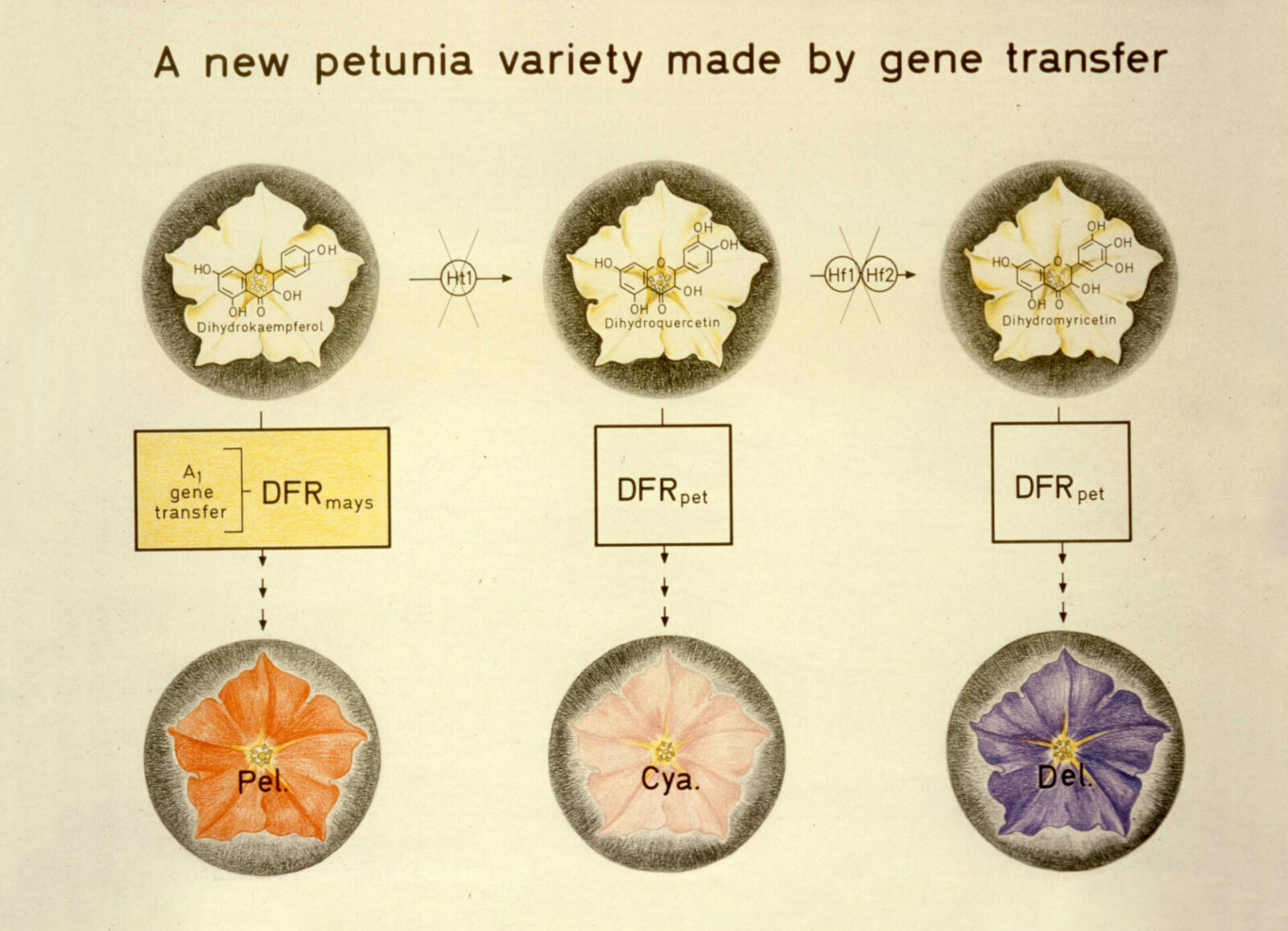 © Klaus Pichler
© Klaus Pichler -
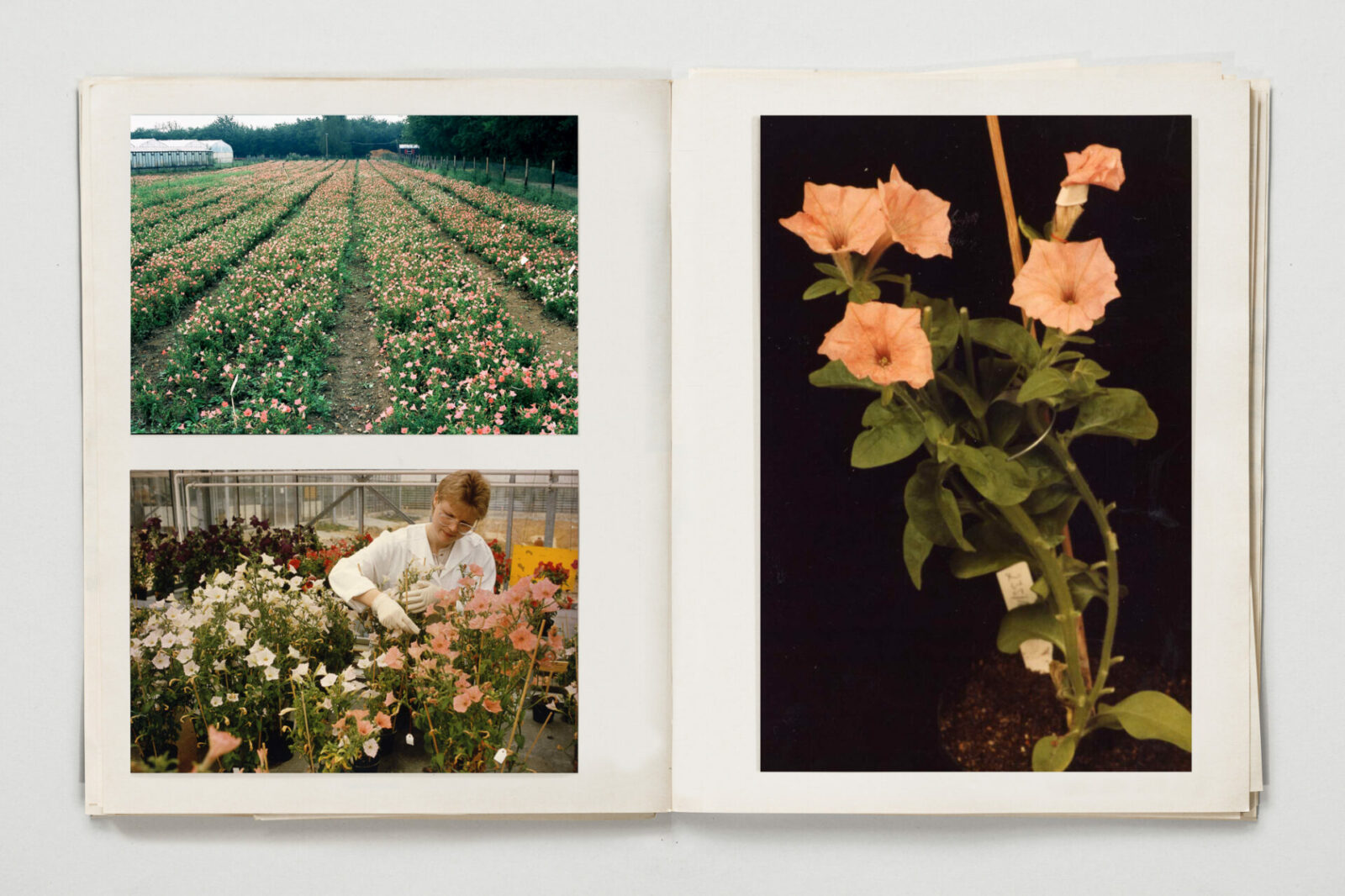 © Klaus Pichler
© Klaus Pichler -
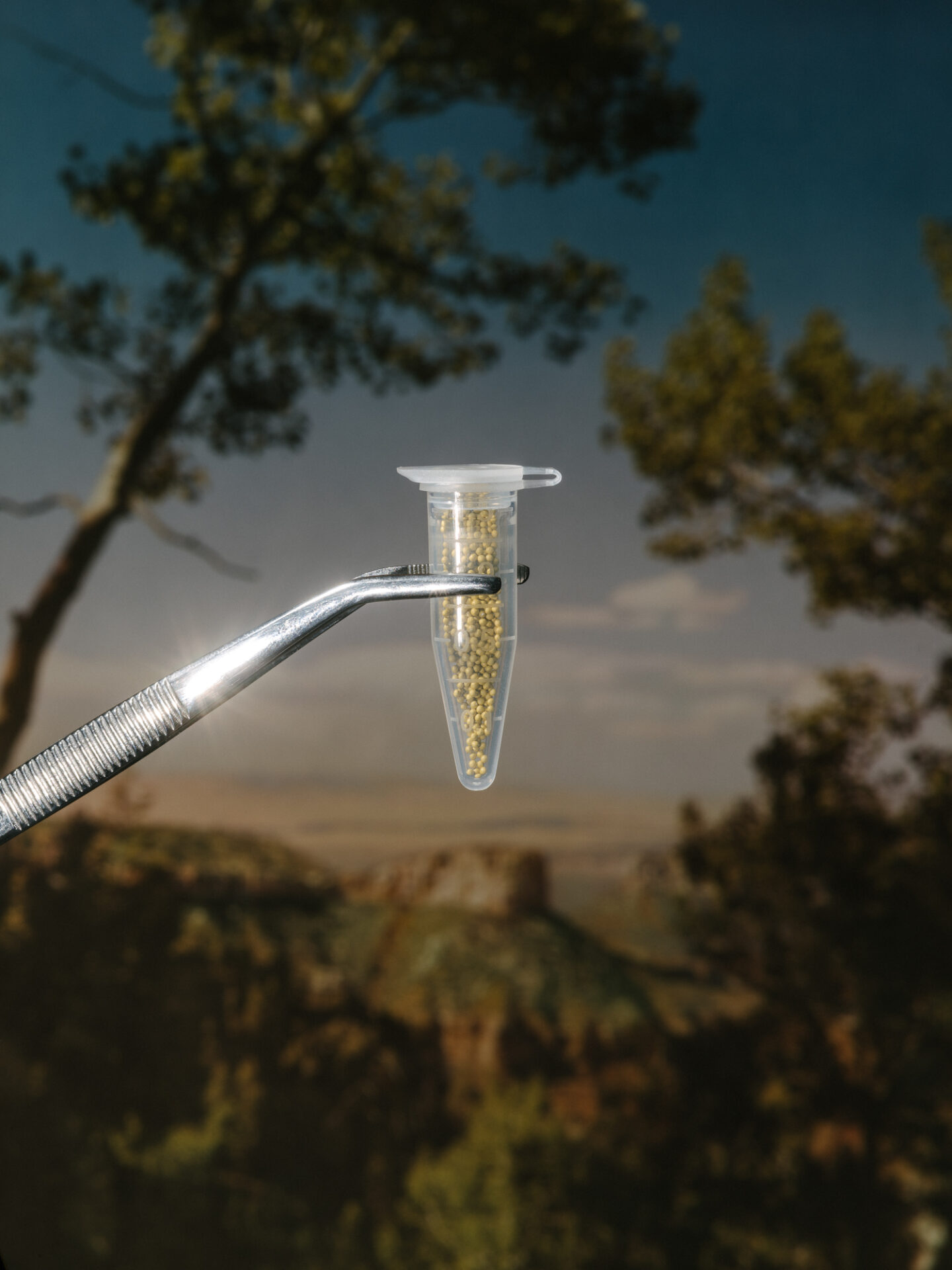 © Klaus Pichler
© Klaus Pichler -
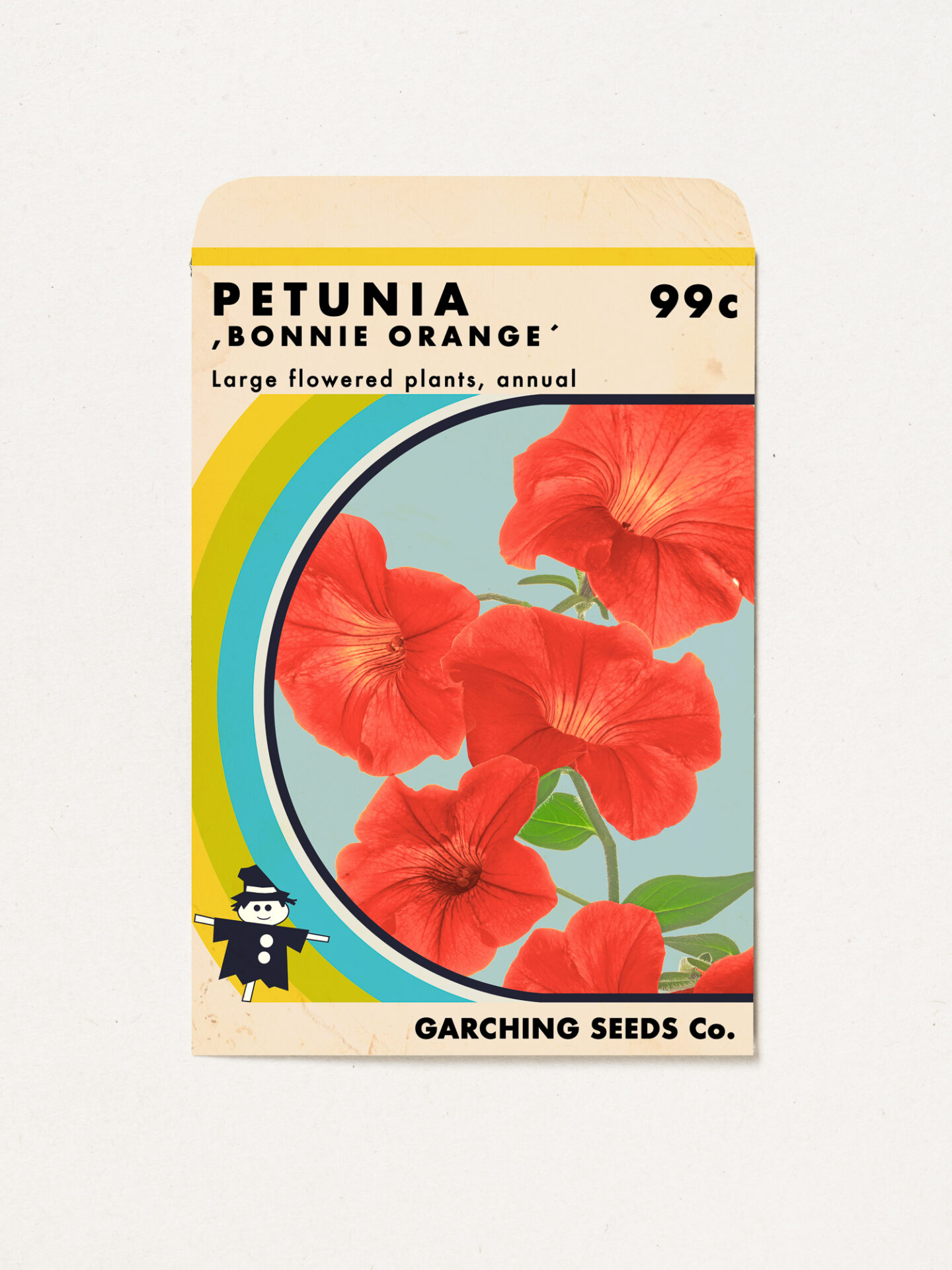 © Klaus Pichler
© Klaus Pichler -
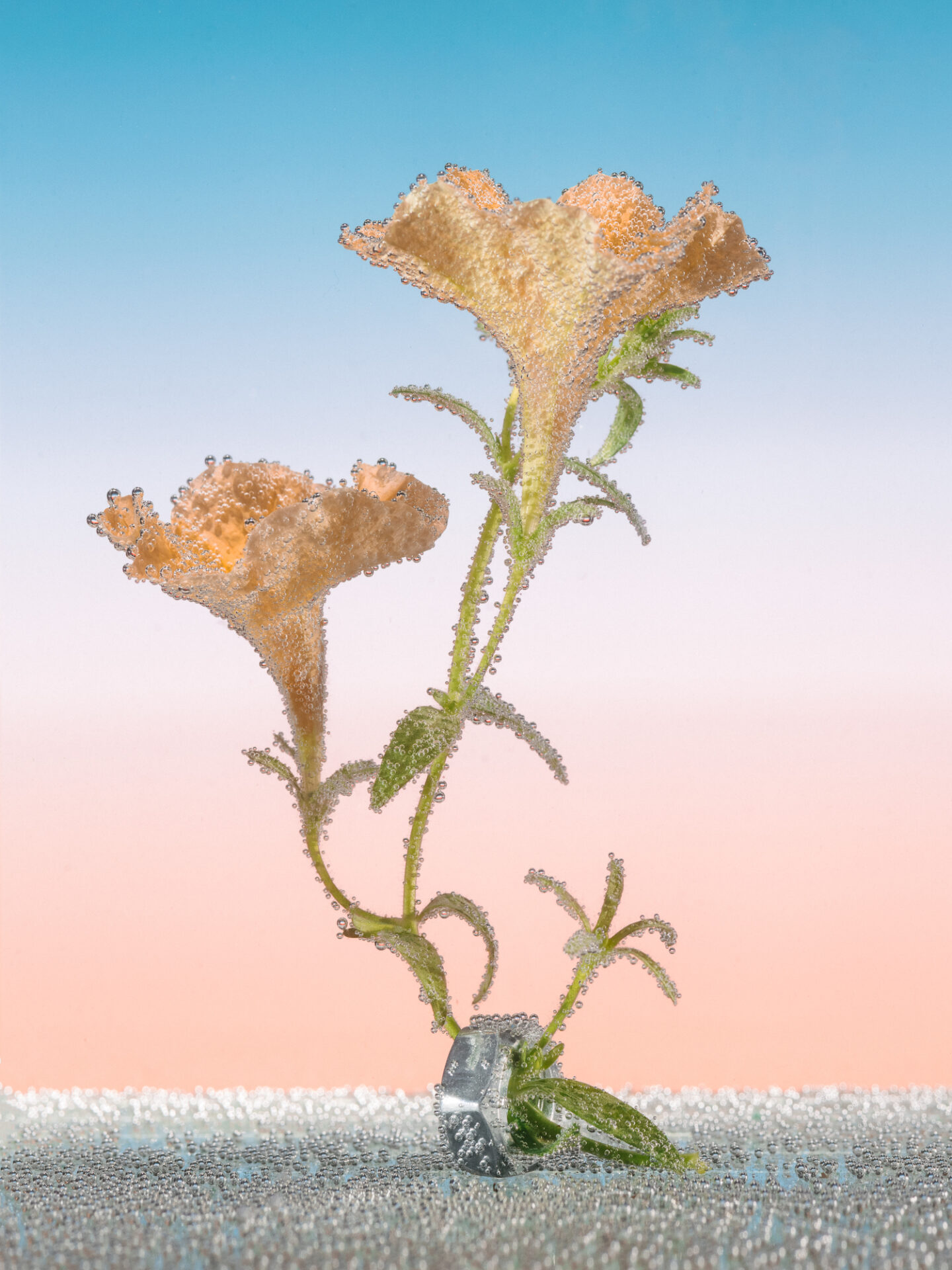 © Klaus Pichler
© Klaus Pichler -
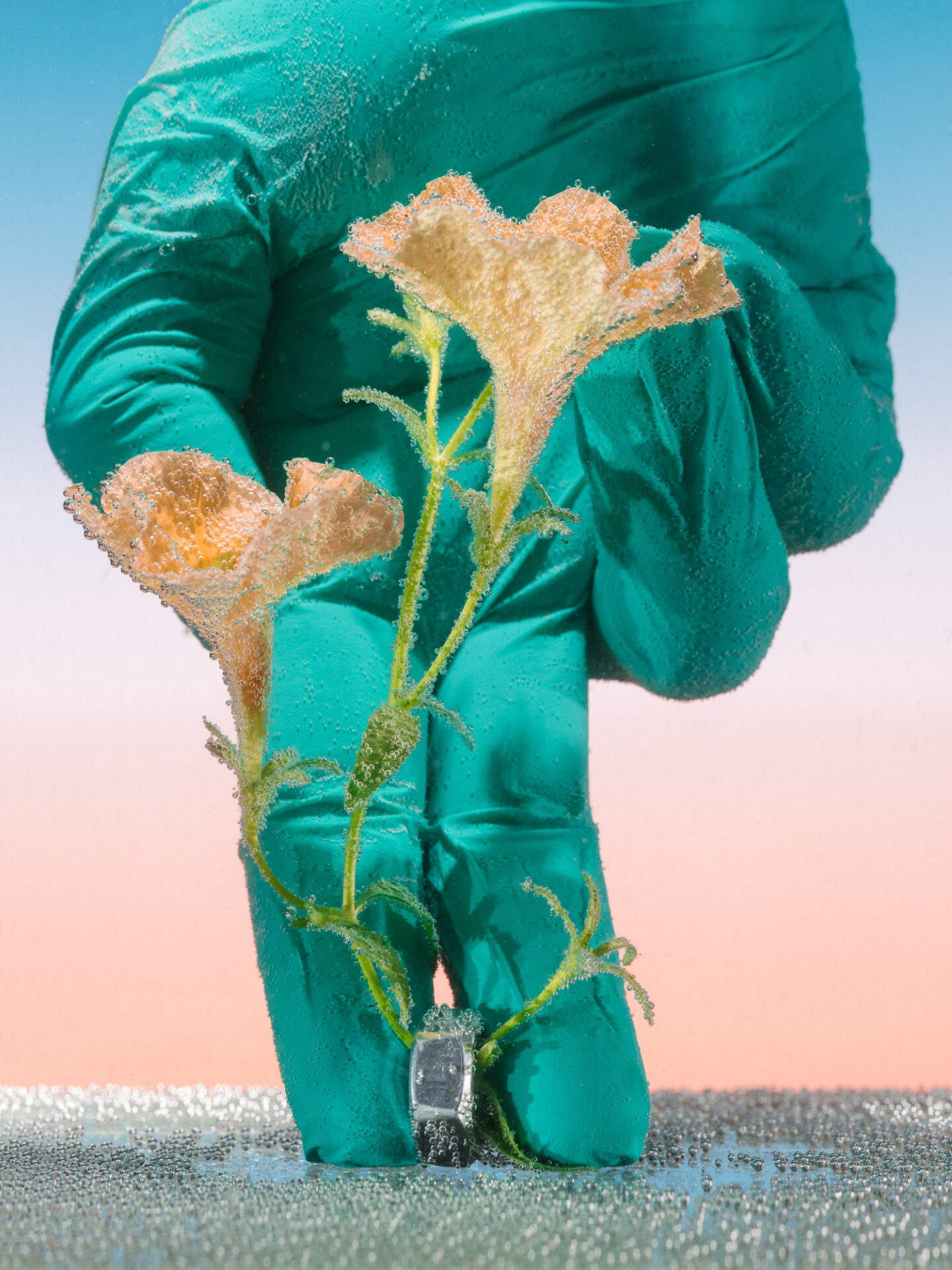 © Klaus Pichler
© Klaus Pichler -
 © Klaus Pichler
© Klaus Pichler -
 © Klaus Pichler
© Klaus Pichler -
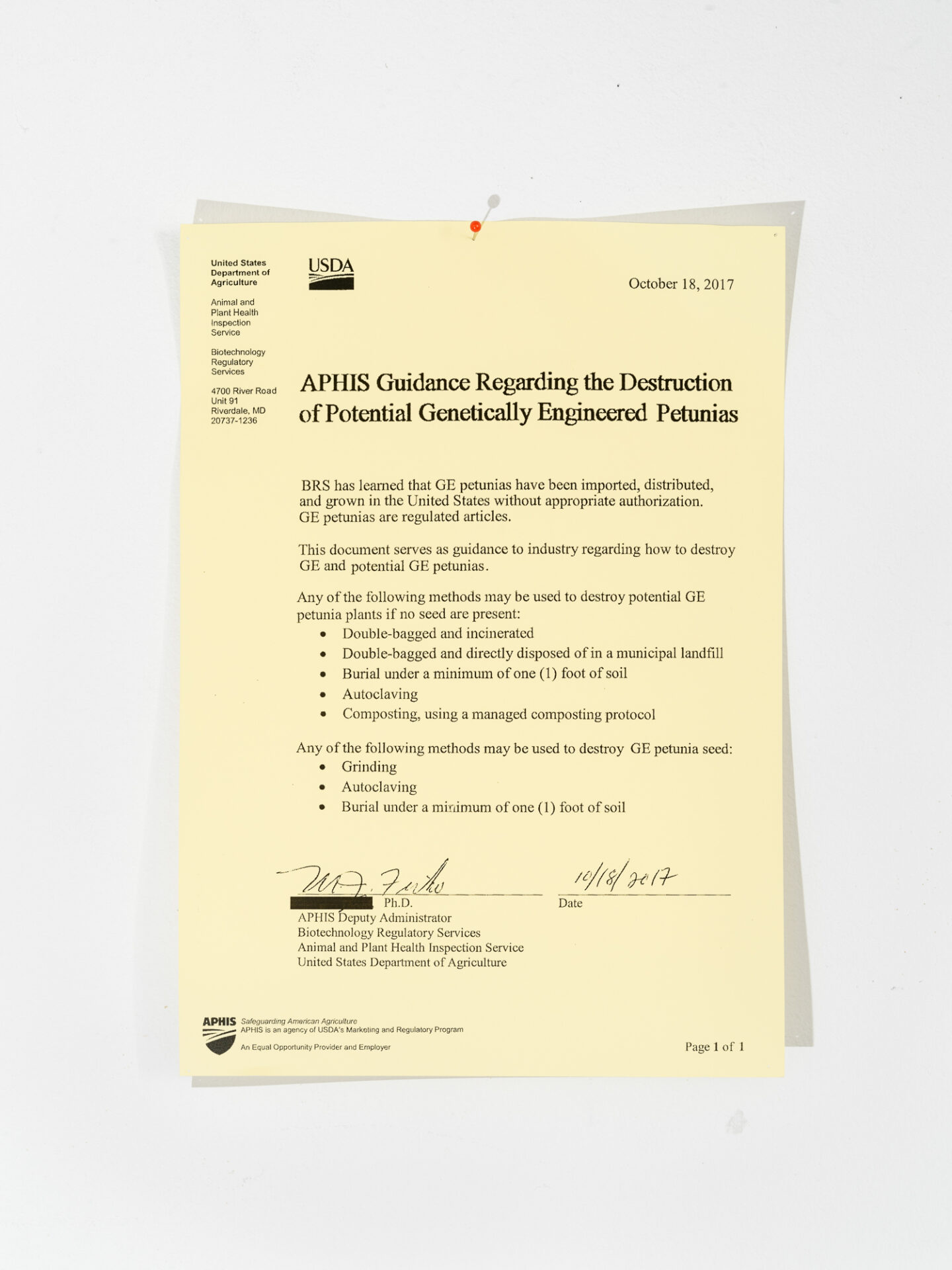 © Klaus Pichler
© Klaus Pichler -
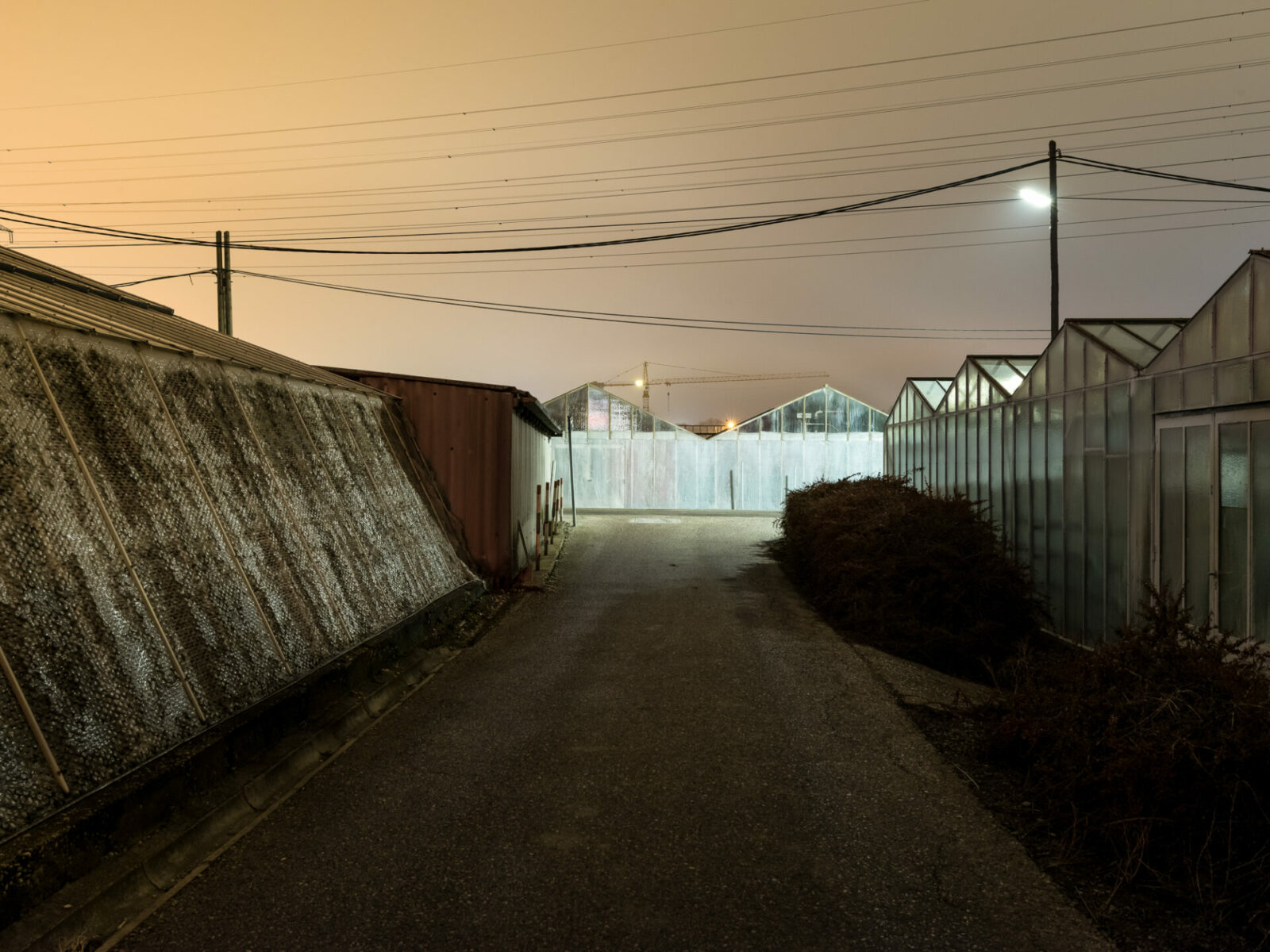 © Klaus Pichler
© Klaus Pichler -
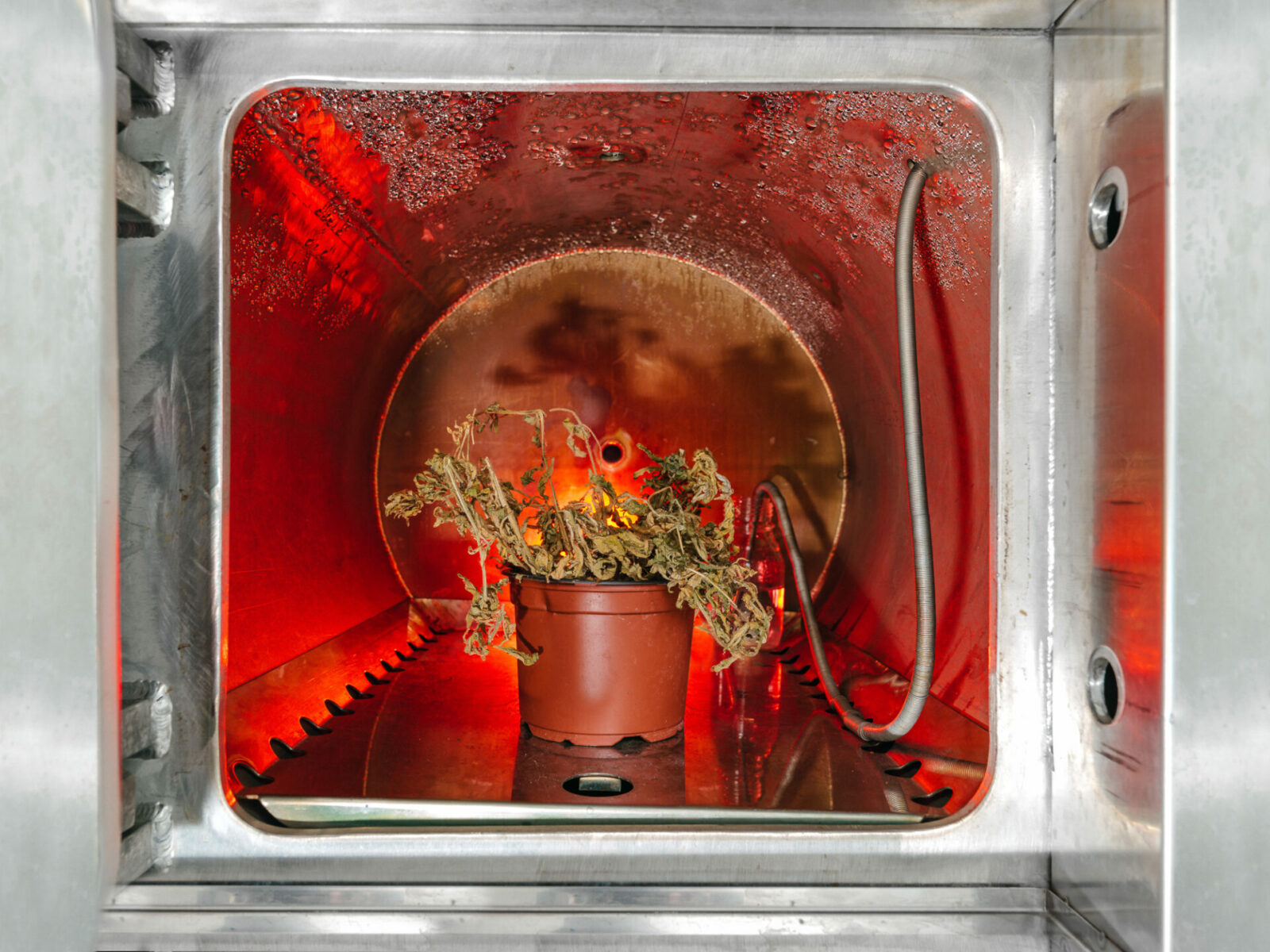 © Klaus Pichler
© Klaus Pichler -
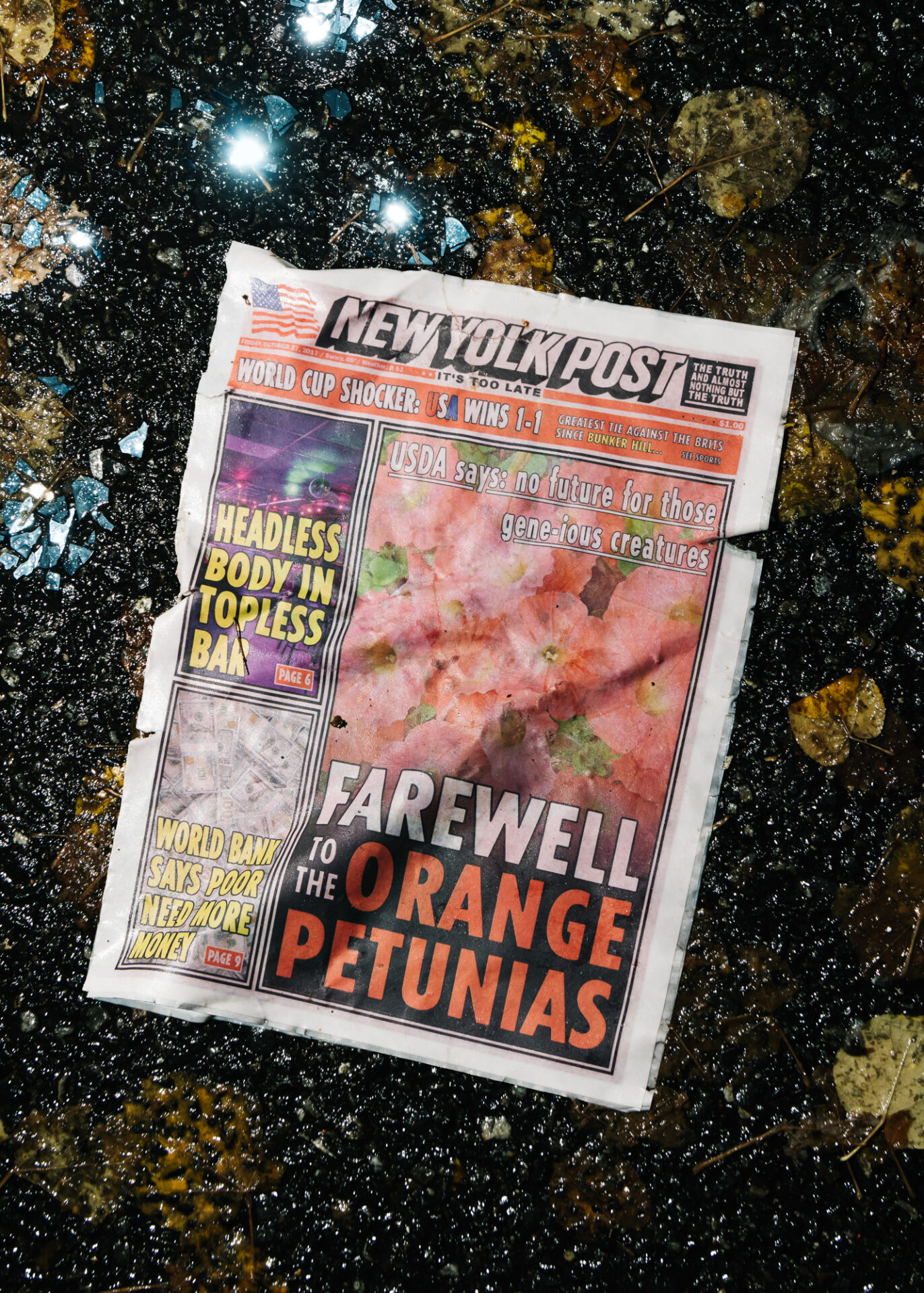 © Klaus Pichler
© Klaus Pichler -
 © Klaus Pichler
© Klaus Pichler -
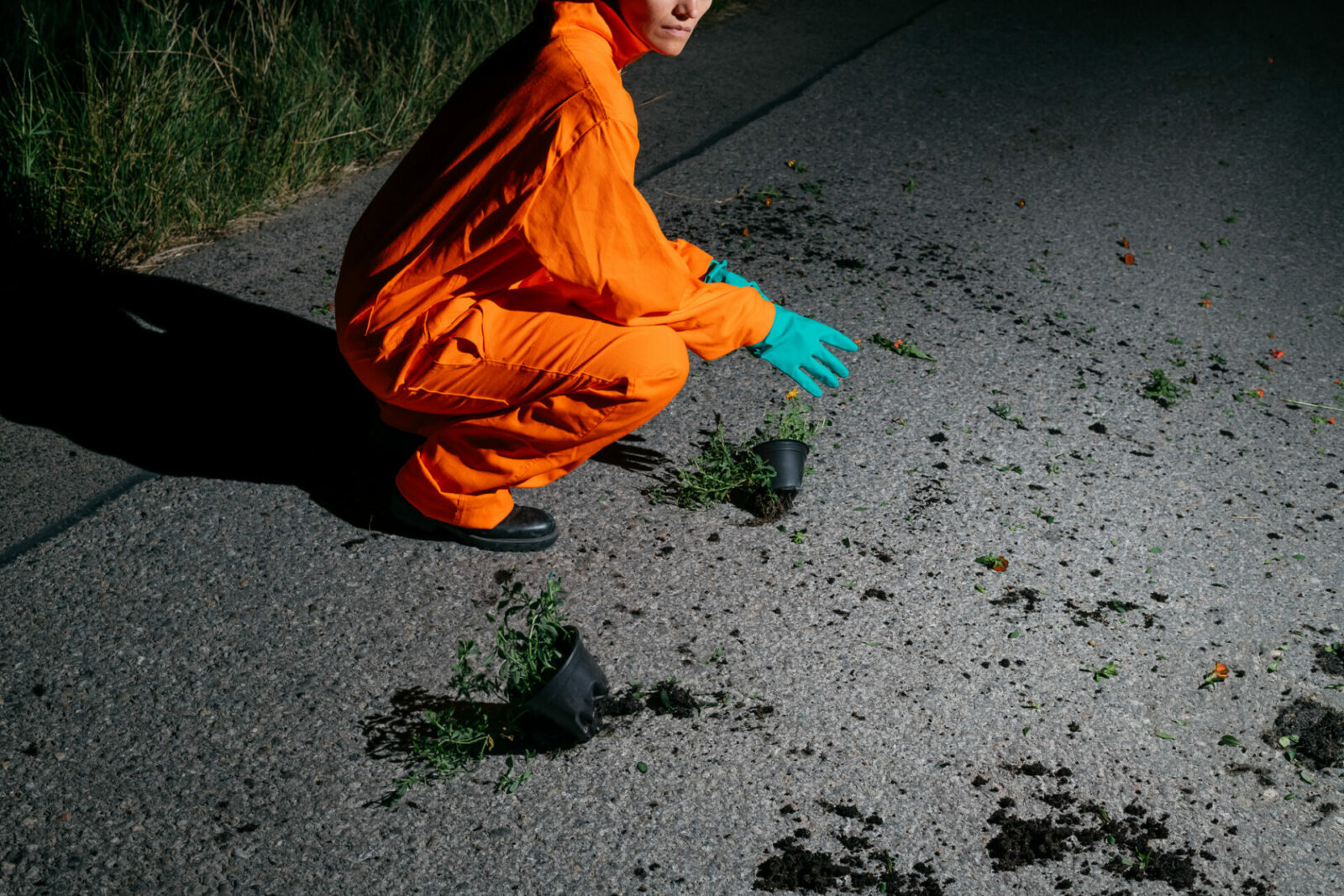 © Klaus Pichler
© Klaus Pichler -
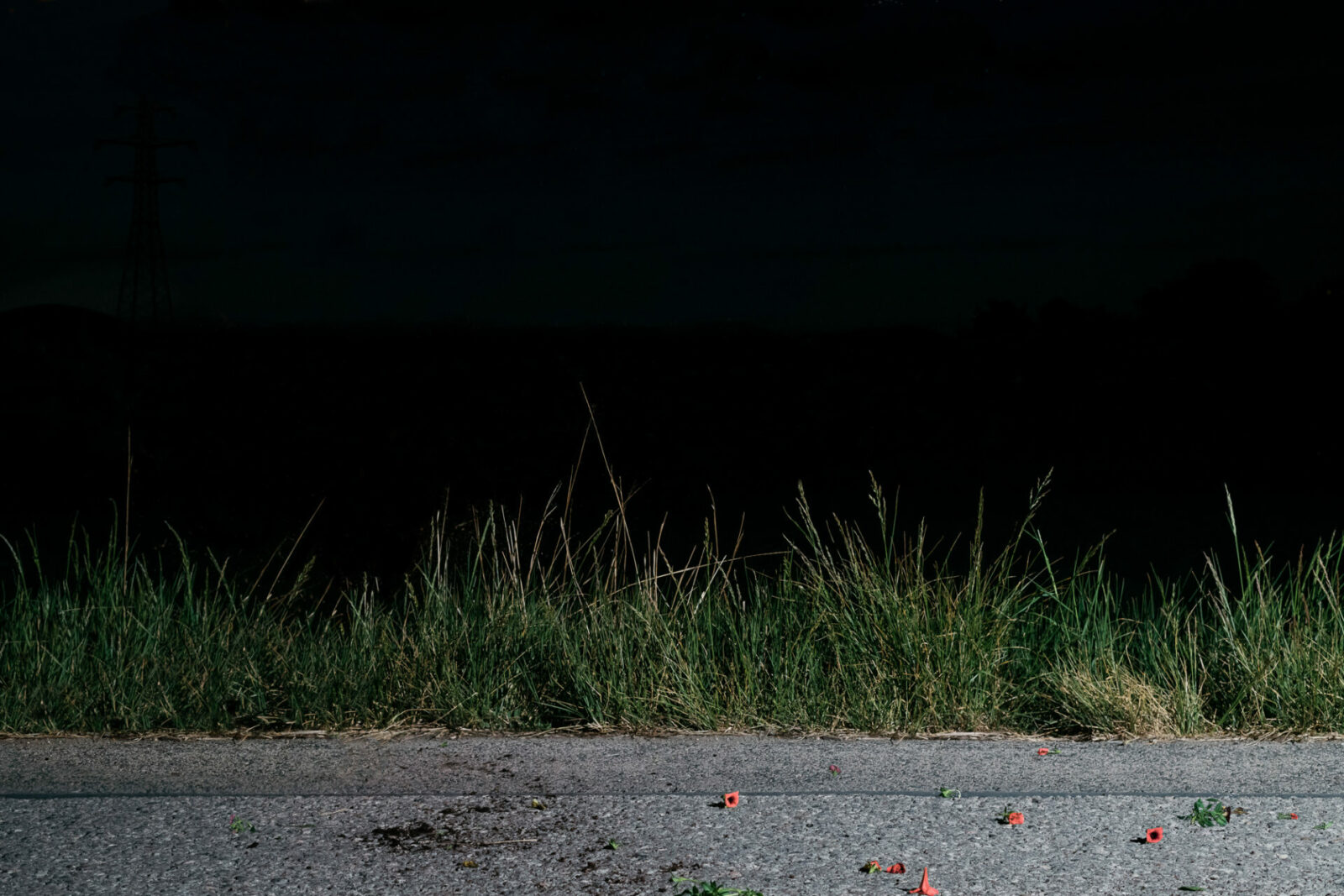 © Klaus Pichler
© Klaus Pichler -
 © Klaus Pichler
© Klaus Pichler -
 © Klaus Pichler
© Klaus Pichler -
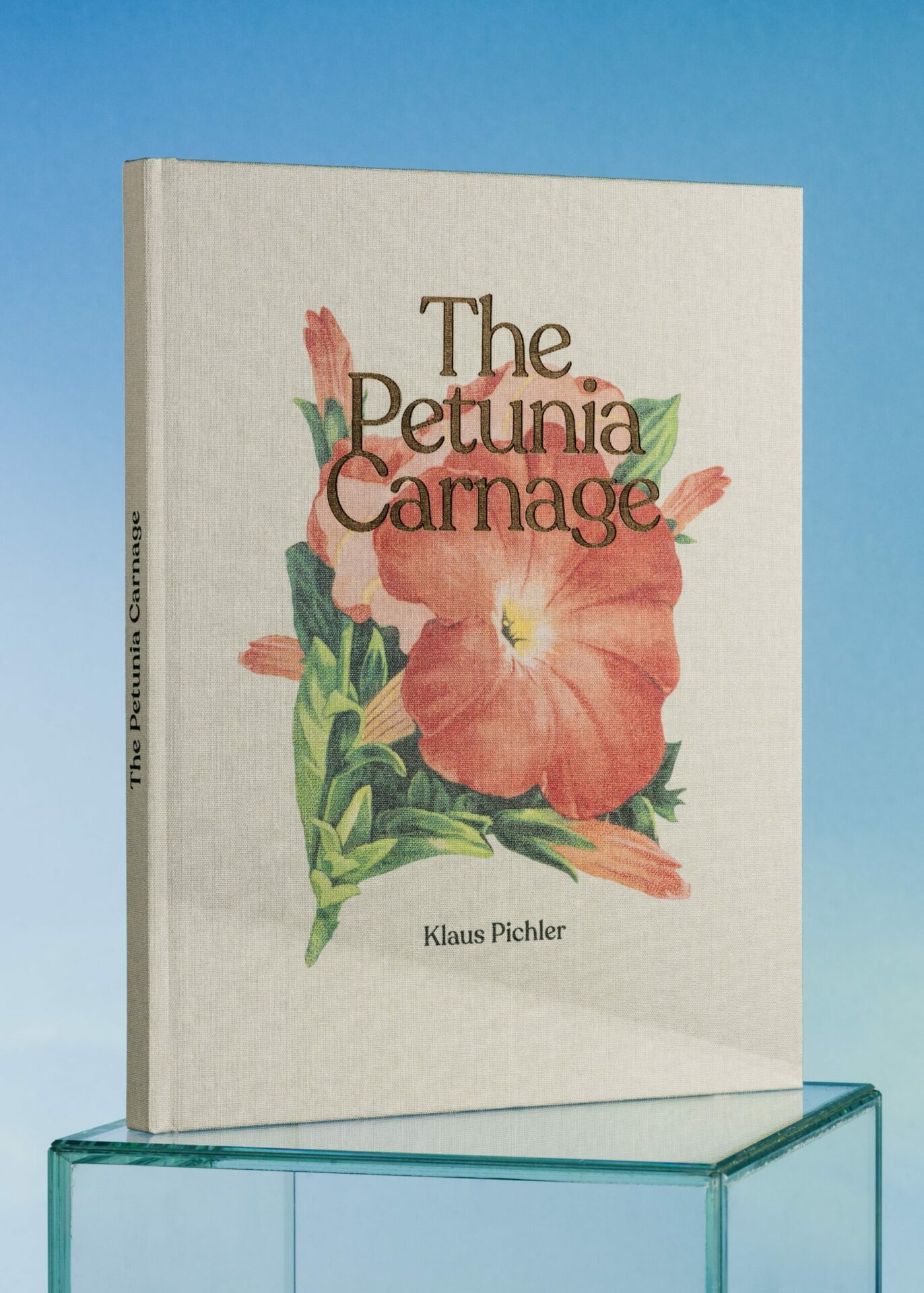 © Klaus Pichler
© Klaus Pichler
